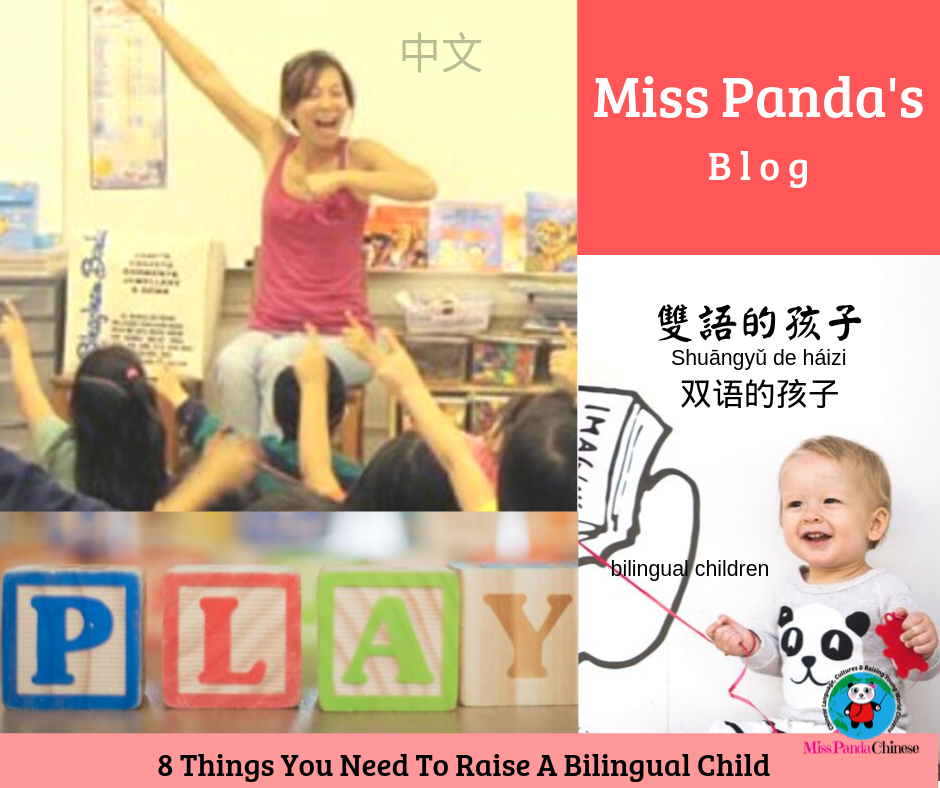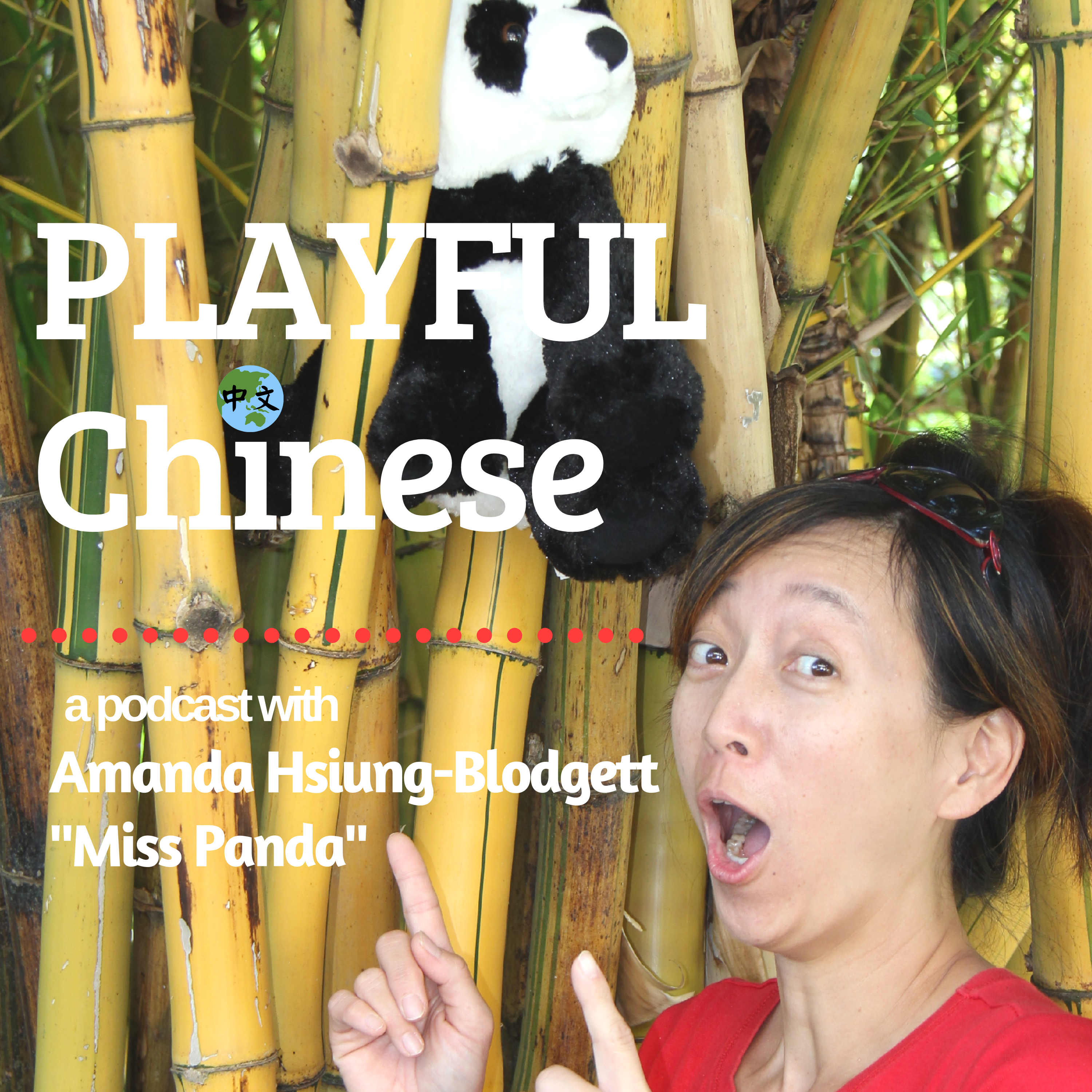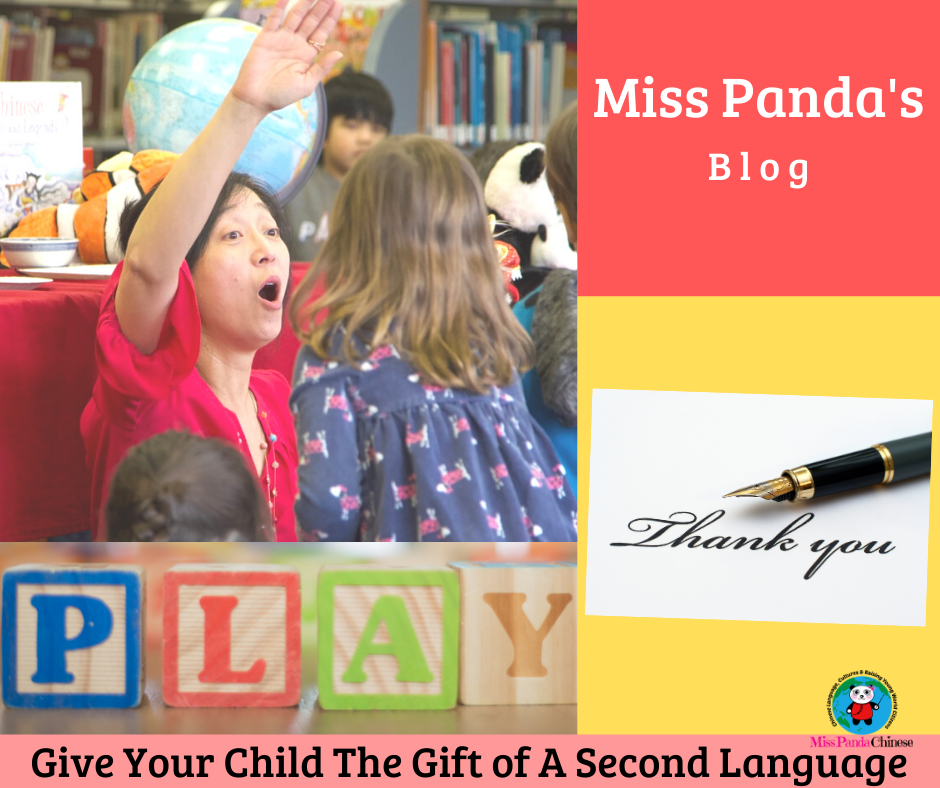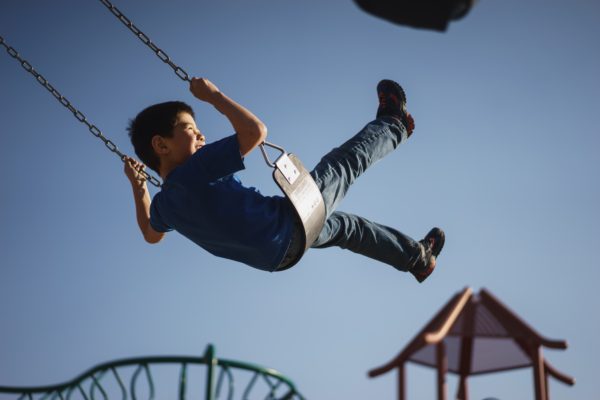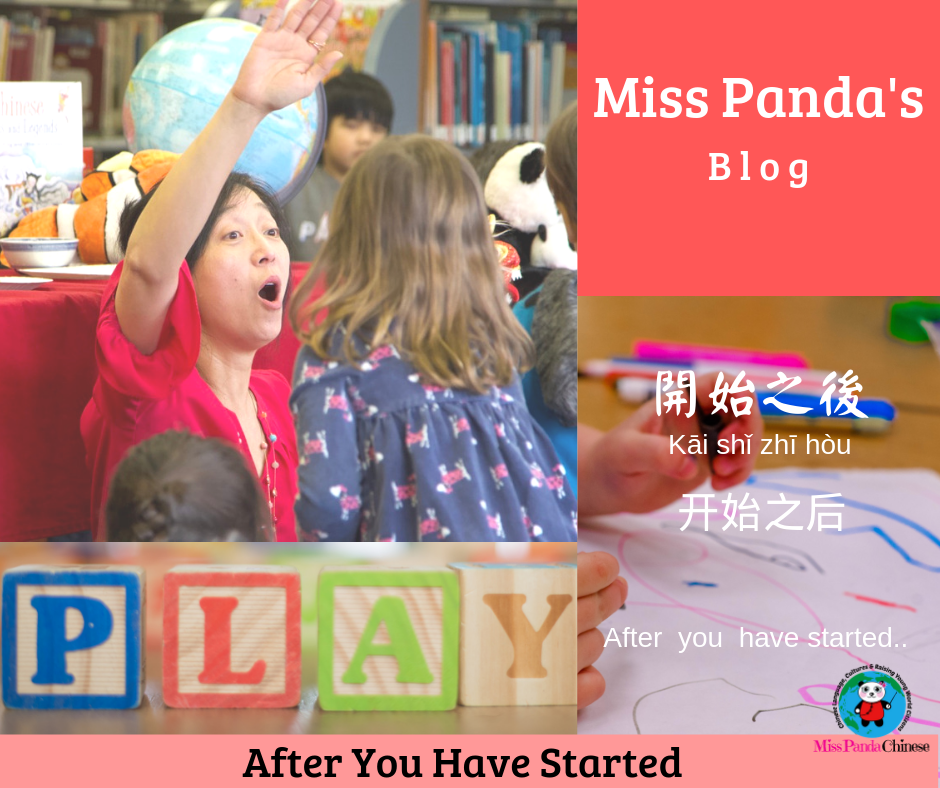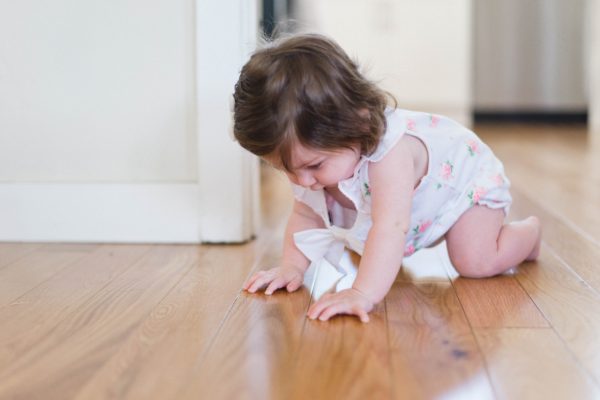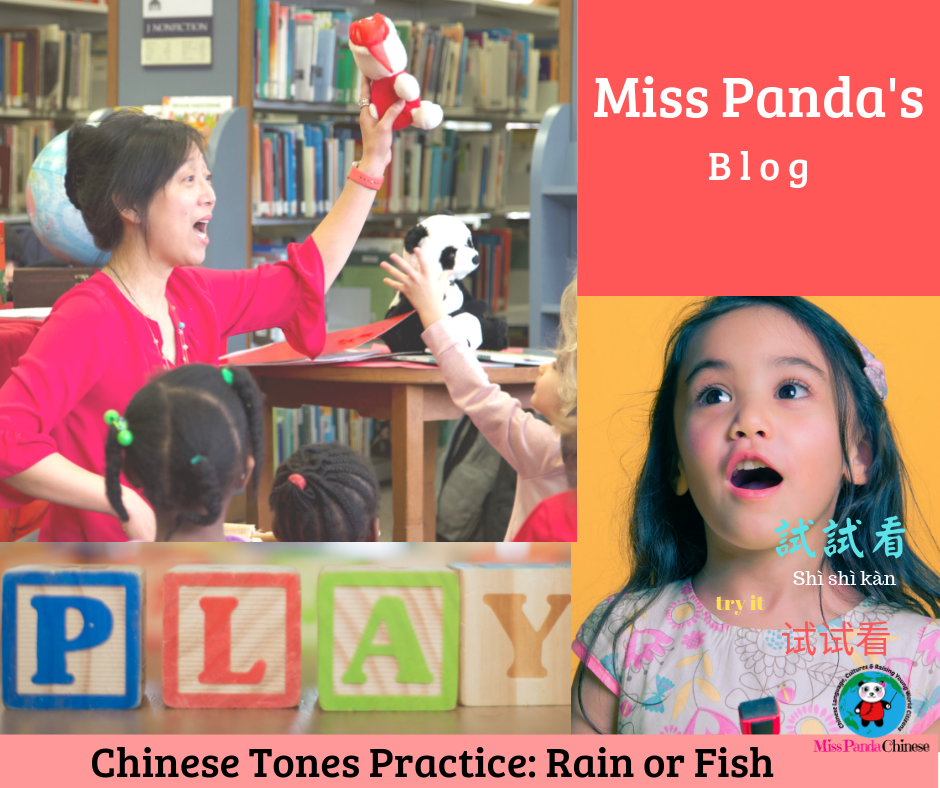Teach Children Chinese: Tips To Set Up A Bilingual Home Home is where learning starts for every child. I want to share with you 6 tips to set up your target language learning area at home and to make the Mandarin Chinese visible in your family. There are six areas you can focus on when you first start out. Think about the time when you were decorating your baby’s room. You wanted to create a happy and
Read more →Things you need to raise a bilingual child Children are like sponges. When you go to the storytime in the library you see the little toddlers and preschoolers listen to a story with total concentration. At times, a few of them will share with the group about what they know about the story. Amazing! Sponges need water. What you provide to your young kid gives her opportunities to absorb and learn. Raising a bilingual child needs dedication.
Read more →Playful Chinese podcast introduces everyday Chinese to family and children. You can listen to Playful Chinese wherever you are. It is a portable learning tool for you, your child and your family. What you learn in every episode is what you can use with your child. Add listening to Playful Chinese podcast to one of your family routines. Listen to it during the commute to school. Start listening an episode during snack time at home. There is
Read more →2021 update- During the pandemic last year I took an international trip from Washington DC to Taiwan. I flew from one airport to the other. I never saw the San Francisco International airport so empty. The passengers on each flight were carefully dressed to protect themselves from COVID-19. The flight crew in each flight was wonderful. Upon arrival. I went through a 2-week quarantine in a one-bedroom unit in Taipei. All alone by myself. No one
Read more →Jerry (4) and James (6) had their eyes closed and asked me: “Are you ready?” I was busy trying to find a good place to hide the bouncy ball. They couldn’t wait to start playing the Hot and Cold game in Mandarin Chinese. One of them was “whispering” rè rè rè (hot). The other one was giggling lěng lěng lěng (cold). This was their first time playing this game in Mandarin but they were ready to start.
Read more →Teach Chinese to Your Child: When There Is Resistance “I am not going to speak Chinese to you anymore, Mom. No one is speaking Chinese except you.” I thought I was doing a good job until the day my 7-year-old son announced his decision about speaking Mandarin Chinese. He told the truth. I was the only one who speaks Mandarin to him at home. No one in his class speaks Chinese. None of his teachers speaks Chinese.
Read more →Playful Chinese podcast is lighthearted and high-spirited. It is to experience the joy of learning a new language or a heritage language. It is the work I do with children and parents who are new to Mandarin. That’s what you do as you provide your child with the Chinese language and culture learning opportunity. The work we do because we know it is important for the young mind. Therefore, a new podcast. The voice of the Chinese
Read more →Teach Chinese to your child after you have started. Congratulations! You have started the journey with your child. What’s next? Start small and keep it going. Why start small? It is manageable for you and it is not overwhelming for your child. Keep it going. This is the key. Add a small dose of the target language, Chinese to your child’s day. It is building a routine. The routine consists of little things. Keep it simple. Keep
Read more →I want to introduce Chinese to my kid but I am not sure where to start. Where do you start? This is what the school taught us about learning a foreign language. Listening Speaking Reading Writing Repeat after me. Memorization. It is needed but it does not stick. I learn and I forget. Rote learning vs. Inquiry-base learning. I’ve taken French for a couple of years but when I moved to Montreal, Canada. I realized that the
Read more →Chinese tones practice rain or fish. We are looking at two commonly used Chinese words and we have them in two sentences. Children enjoy listening to songs. When they hear songs they hear intonation. Mandarin is a tonal language like many Asian languages. If you sing you have experience with tones. So, the more you and your child listen to songs, sentences, and stories the better you are familiar with tones in Mandarin. Listen and listen more.
Read more →
